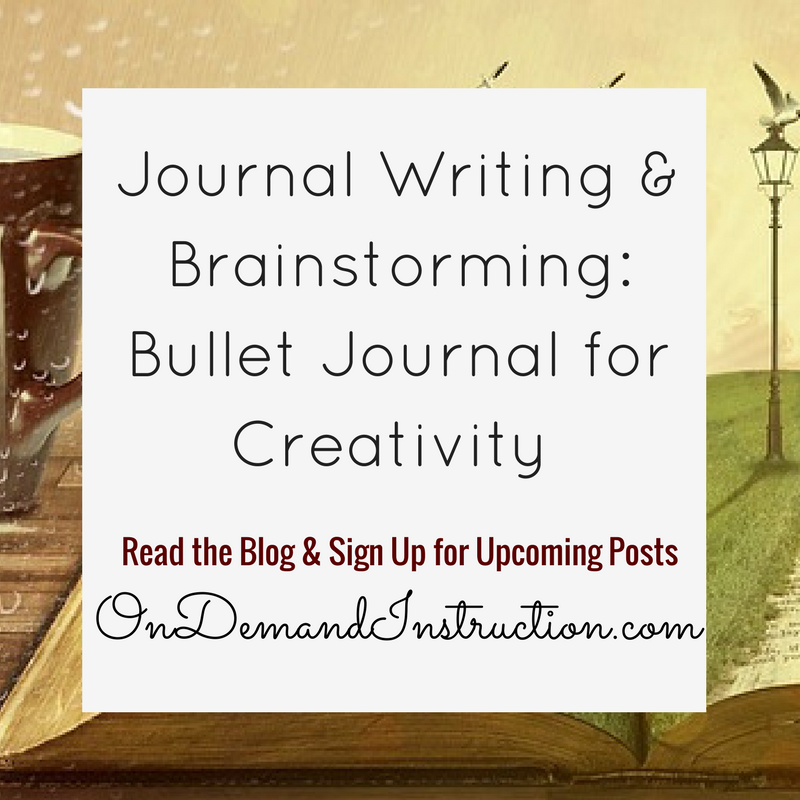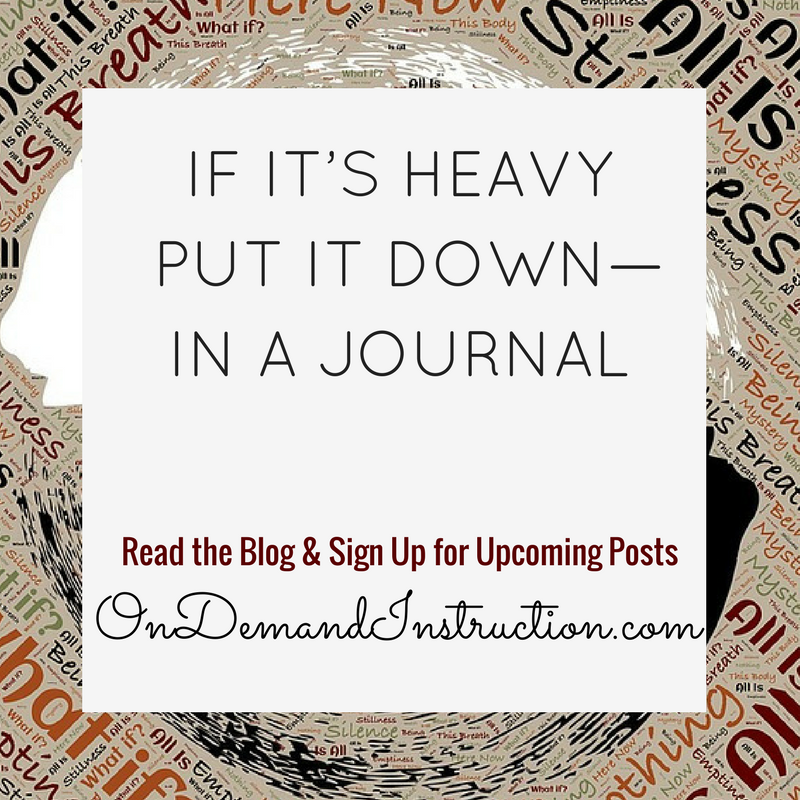 One thing we know for certain is that journal writing has the capacity to bring improvements in mental and emotional health to those who partake in it. When we write in a journal, we partake in an exchange of information, ideas, and emotions in a way that we cannot do easily outside of a journal. Journal writing can take on all kinds of different forms, methods, and styles. One writer may journal solely for the purpose of organizing creative ideas for short stories, whereas another writer may engage in journal writing to make peace with the past by writing about the memories stuffed away in dark closets. Using a journal in a way that no one else does is perfectly acceptable; there is no law that says every writer must write the same. As well, journals can be flexible and contain a variety of different pieces within its pages. As journals meet a variety of writing needs for its writers, so its flexibility is a part of its beauty. A journal that allows a writer to collect notes for a professional development conference, brainstorm a short story, and relieve memories from a decade ago is a highly valuable tool on several levels—professional, creative, and personal. One way that writers can participate with journals is to write letters. A journal can be written with any intended audience, and sometimes this is a useful tool to jumpstart creativity or memory stimulation to write to a specific person or audience. When we write to someone in particular, we can tap into a different level of creativity and contact deeper messages to communicate. Letters You’ve Written But Never Sent Once upon a time, I wrote letters as a means for recording details of events from the past. Like most people out there, I have some events in my past that caused me ongoing harm and I needed to find a way to release the effect those held on me. By writing, I was able to tap into the dark memories. By writing about them in a letter format, I got much closer to connecting to the truth of the events than I would have if I had been writing stories or in an essay-format. The letter allowed me to communicate more directly, and that opened up new messages that I would not have tapped into had I written a more standard journal format. Examples of Unsent Letters |
About the SiteWelcome, Writers! Archives
September 2023
|







 RSS Feed
RSS Feed